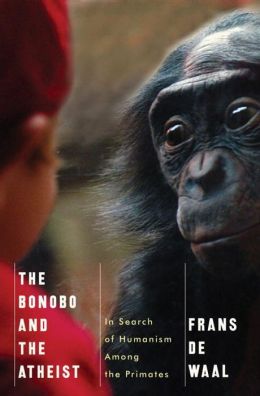Tuesday, May 28, 2013
The Pagan Christ
(This was supposed to have been posted years ago)
My point once again, is not that those ancient people told literal stories and we are now smart enough to take them symbolically, but that they told them symbolically and we are now dumb enough to take them literally.- John Dominic Crossman, Who is Jesus?
My point once again, is not that those ancient people told literal stories and we are now smart enough to take them symbolically, but that they told them symbolically and we are now dumb enough to take them literally.- John Dominic Crossman, Who is Jesus?
So begins Tom Harpur's The Pagan Christ and the tone of the entire book is set. Harpur is a former Anglican Minister and was a professor of the New Testatment at UofT for six years in the 1960s.
I see this work as a book by a Christian for a Christian (with an open mind). The book is only 200 pages and written for non-academics so it does not suffer from various problematic esoterica. Harper details how the story of Christ has Egyptian and Pagan roots and that it was never meant to be taken literally. Christianism usurped power around 300A.D. and preached the literal interpretation to the uneducated masses, who then started to believe it. Books that demonstrated a link to the true roots were burned, people that discussed it were imprisoned, tortured or killed. Admittedly, I do have issues with the notion of a 'Christ within' and would like to know what exactly Harpur believes regarding life after death, reincarnation or general metaphysical issues.
From my perspective, I felt quite validated. I already think that practicing Christianity makes little sense philosophically, logically or scientifically. (At most, it is a useful fiction to feel better about life.) Through this book I see another road that goes no where: Christianity itself. Of course, if someone does not want to use an rational, evidence-based approach, then none of it matters. I suggest they go get a big hat as it appears to the wearer infallible.
I see this work as a book by a Christian for a Christian (with an open mind). The book is only 200 pages and written for non-academics so it does not suffer from various problematic esoterica. Harper details how the story of Christ has Egyptian and Pagan roots and that it was never meant to be taken literally. Christianism usurped power around 300A.D. and preached the literal interpretation to the uneducated masses, who then started to believe it. Books that demonstrated a link to the true roots were burned, people that discussed it were imprisoned, tortured or killed. Admittedly, I do have issues with the notion of a 'Christ within' and would like to know what exactly Harpur believes regarding life after death, reincarnation or general metaphysical issues.
From my perspective, I felt quite validated. I already think that practicing Christianity makes little sense philosophically, logically or scientifically. (At most, it is a useful fiction to feel better about life.) Through this book I see another road that goes no where: Christianity itself. Of course, if someone does not want to use an rational, evidence-based approach, then none of it matters. I suggest they go get a big hat as it appears to the wearer infallible.
The Autograph Man by Zadie Smith
(This should have been posted years ago)
Mostly enjoyable and worthwhile overall, but not as good as White Teeth or On Beauty. The main character was less likeable and less intriguing, as was the subject matter, compared to her other works. I found the final third or quarter was the best because of more anticipation/suspense and some well written lines (perhaps even that the book would soon be done?).
Mostly enjoyable and worthwhile overall, but not as good as White Teeth or On Beauty. The main character was less likeable and less intriguing, as was the subject matter, compared to her other works. I found the final third or quarter was the best because of more anticipation/suspense and some well written lines (perhaps even that the book would soon be done?).





